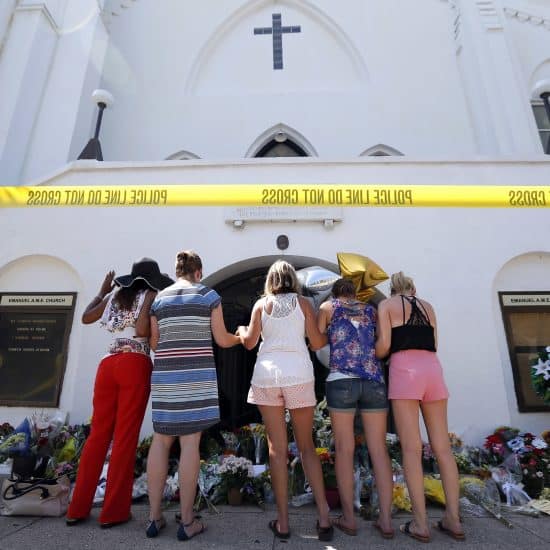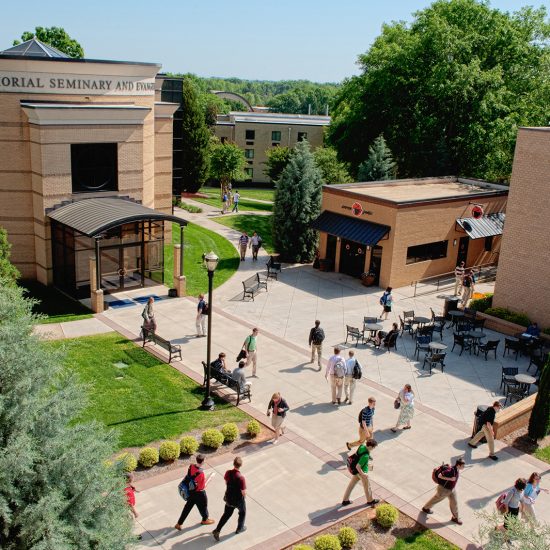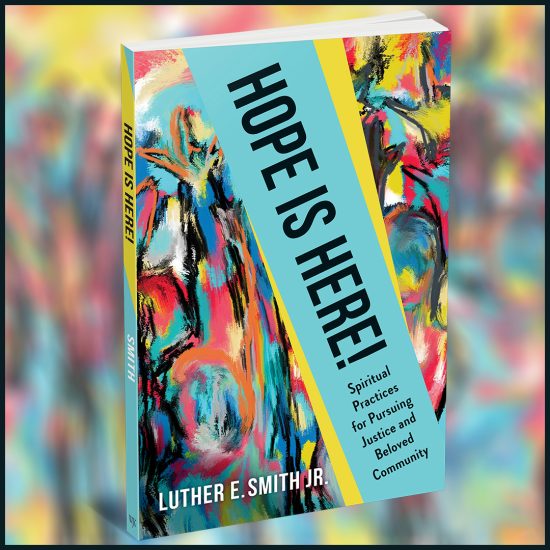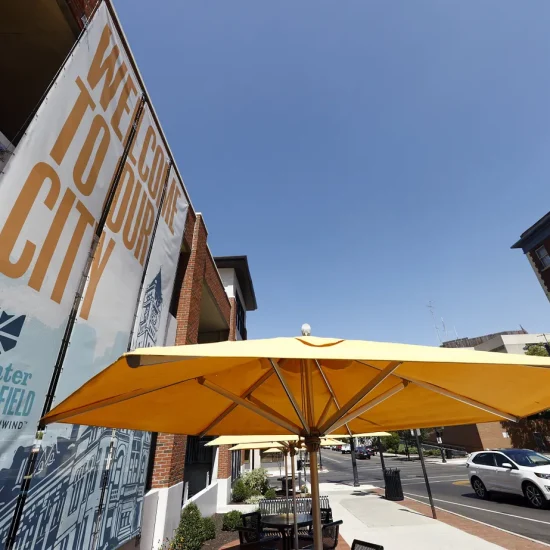
Leaders of Baptist and other media outlets talked about issues of racism and media bias during a forum held by Simmons College of Kentucky, a historically black Baptist school in Louisville. The Aug. 7 forum included on the panel Word&Way Editor Brian Kaylor and Andrew Baskin, editor of the American Baptist. The American Baptist started as a black Baptist newspaper in 1879 and is the media outlet of the General Association of Baptists in Kentucky, a black Baptist state convention affiliated with the National Baptist Convention of America.

Some of the forum participants included (l-r) Krystal Goodner of Simmons College, Brian Kaylor, Yvonne Coleman Bach, and Andrew Baskin.
Kaylor talked about the importance of recognizing and then reducing “blind spots” when it comes to one’s perspective and coverage. He compared it to trying to reduce blind spots in a car. Noting that he had rented a car for the trip to Louisville, he explained how he adjusted the side mirrors so that he could no longer see the side of his car but instead had a broader view.
“What I do is I broaden out the perspective and that actually reduces the blind spots,” he explained as he connected it to the work of a journalist. “That’s what we’ve got to figure out how to do. How do we broaden our perspective by listening, by reading publications that are different from our background, race, education, other types of ideology? How do we broaden that perspective so that we can reduce the blind spots because we all have them?”
He added that the new rental car also had a feature his car does not: it had flashing lights on the side mirrors to alert him when a car was present and perhaps in a blind spot.
“That’s the role I think the media should play,” he said. “That flashing light that says you have something in your blind spot and if you’re not careful you’re going to hurt someone.”
But, he later added, when journalists — who also have blind spots — mess up, citizens can be that the flashing light by speaking back through email, social media, and letters to the editor.
Baskin similarly noted the importance of journalistic perspectives since news reports can shape how people think and therefore how they act. Thus, he worries that mainstream media focuses on the negatives when covering the black community.
“If we just see over and over and over again the negative, then you’re going to always have a problem,” he explained. “Are we spending our money with people who are going to tell us the whole story? And if they are not, then you withdraw the dollars.”
“And, so, I see the American Baptist as focusing upon the positive,” he added, “and trying to give a total picture. “
Other panelists in the forum also talked about the importance of considering different perspectives and challenging media narratives with different stories. Brad Harrison of Urban Voices Radio in Louisville noted that “all media is biased because all people have biases.” Thus, he urged people to consider the perspectives of the media they consume and pay attention to words used to describe people.
Yvonne Coleman Bach, editor of the Louisville Defender, talked about the vision of the historically-black newspaper she leads. She explained that the Louisville Defender, which started in 1933, does not cover as much of the stories about crime and shootings as other media outlets because “you’re going to see it” anyway elsewhere. Thus, her publication focuses on positive stories about the black community that are not being told by other media outlets.
“The pages we have are reserved for the positive things because if you don’t see the positive you will not know it exists,” she explained. “Everyone should read a newspaper that is not of their race because that’s the only way that you’re going to understand it, that’s the only way you’re going to see the positive things.”
The full forum is available to watch online at tinyurl.com/SCKYforum.






